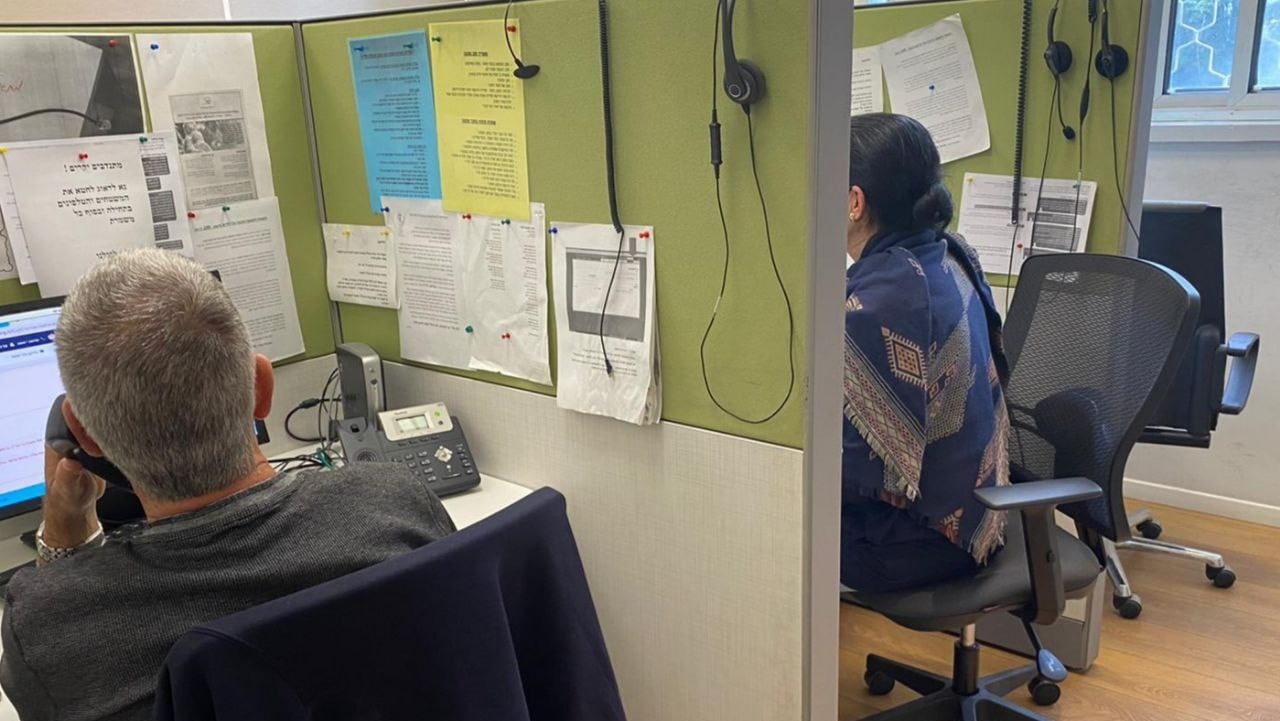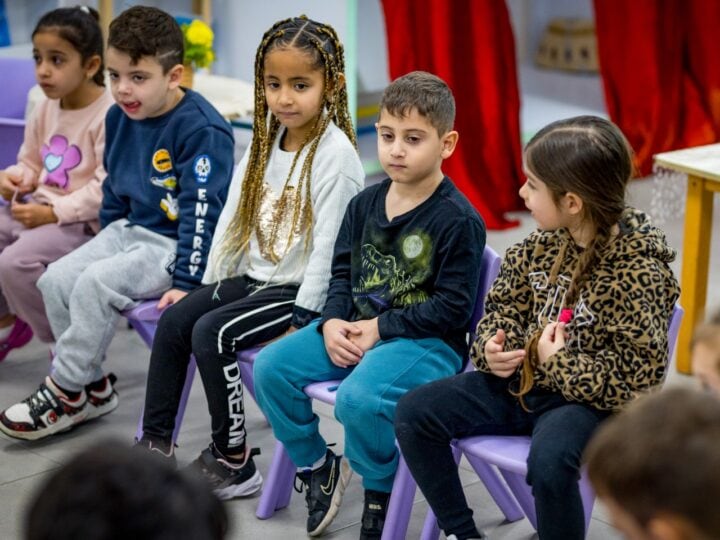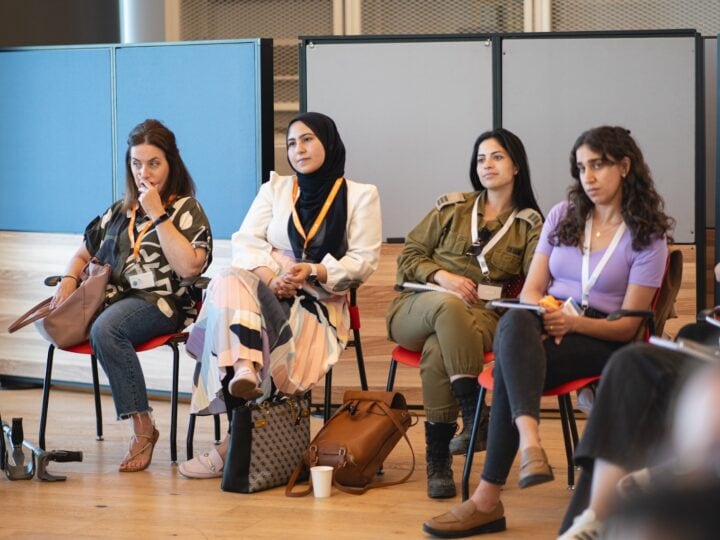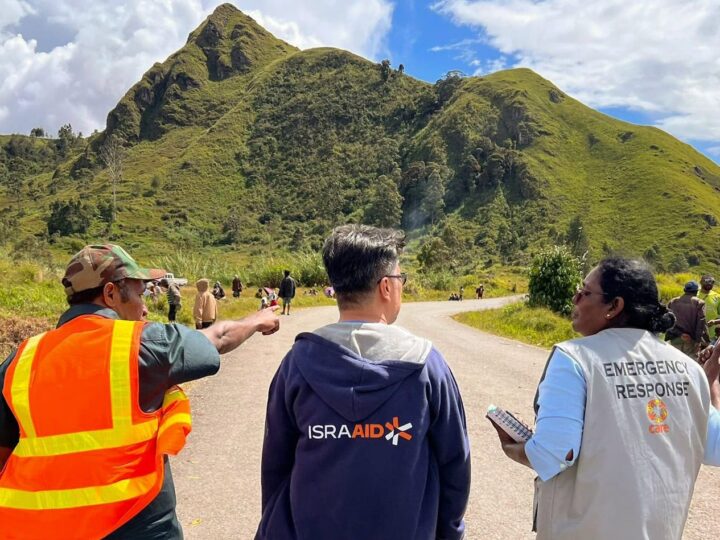Emotional First-Aid by Telephone & Internet (ERAN) has been helping Israelis navigate crises since 1971. The NGO provides mental health support by phone or online chat, free of charge, anonymously and confidentially.
Over the course of its existence, ERAN has helped the public through war, pandemic, political instability and countless emergencies. But not even ERAN was prepared for the latest tragedy to strike the Jewish state.
“It’s unprecedented. We’ve had an 800 percent increase in calls and online inquiries [since the start of the war],” ERAN Professional Director Dr. Shiri Daniels tells ISRAEL21c.
Three circles of suffering
On October 7, over 2,000 Hamas gunmen infiltrated Israel from the Gaza Strip, indiscriminately attacking civilian communities in a violent rampage that killed over 1,500 people. This was unlike anything Israel has been through before.
Since then, the NGO’s 1,600 volunteers have been providing mental-health support to survivors of the attack, their relatives and the general population who feel immense anxiety due to the tragic events and fears for the future.

“ERAN reflects the anxiety levels of Israeli society. We are the emergency room for the soul,” says Daniels.
She adds that those seeking help after a tragedy are normally split into three categories, which she calls the three circles of suffering.
“People who were directly involved in the events [in southern Israel]; those who were exposed to the events through close family members; and those who were exposed to it through the media and sympathize with the victims.”
Daniels says many of the callers experience general anxiety. “How will the situation develop? Will there be a second front? How long will it last? People want to know if they can handle it.”
Daniels calls ERAN “the backstage area” of the war.
”The calls of soldiers, both reserves and those on regular duty, is a great example of that. In the media we see the soldiers singing, we hear the stories of heroism and it boosts morale,” she says.
“But we, behind the scenes, are exposed to all the fears and concerns. It’s very difficult, but it also warms the heart that they talk to us without trying to maintain the image of a hero.”
The volunteers
“Our volunteers have stepped up to the task in an impressive way,” notes Daniels.
Eran currently operates 13 branches nationwide, six branches in North America and one in Australia. The overseas branches are manned by Israeli volunteers who live there.
The organization has volunteers of various ethnicities, providing service in Hebrew, Arabic, English, Russian, Amharic, French and Spanish.
Daniels says although there is an increase in Israelis wishing to volunteer, it’s not that simple.
Potential volunteers are required to undergo an extensive training course in which Daniels instructs them how to answer calls and calm people in grave emotional distress.
“We can’t start recruiting people in an emergency. So we see a lot of people who used to volunteer come back for the war,” she says.
The organization gives guidance sessions for seasoned volunteers as well. “We all share the same reality. The volunteers also have family members who have been called up to reserves or were hurt — in one way or the other,” she adds.
She says the sessions are focused on helping ERAN volunteers avoid burnout. “We have to be there for everyone else despite experiencing a lot of stress,” she admits.
“On the other hand, the work we do is meaningful and it strengthens their resilience.”
To donate to ERAN, click here.

















